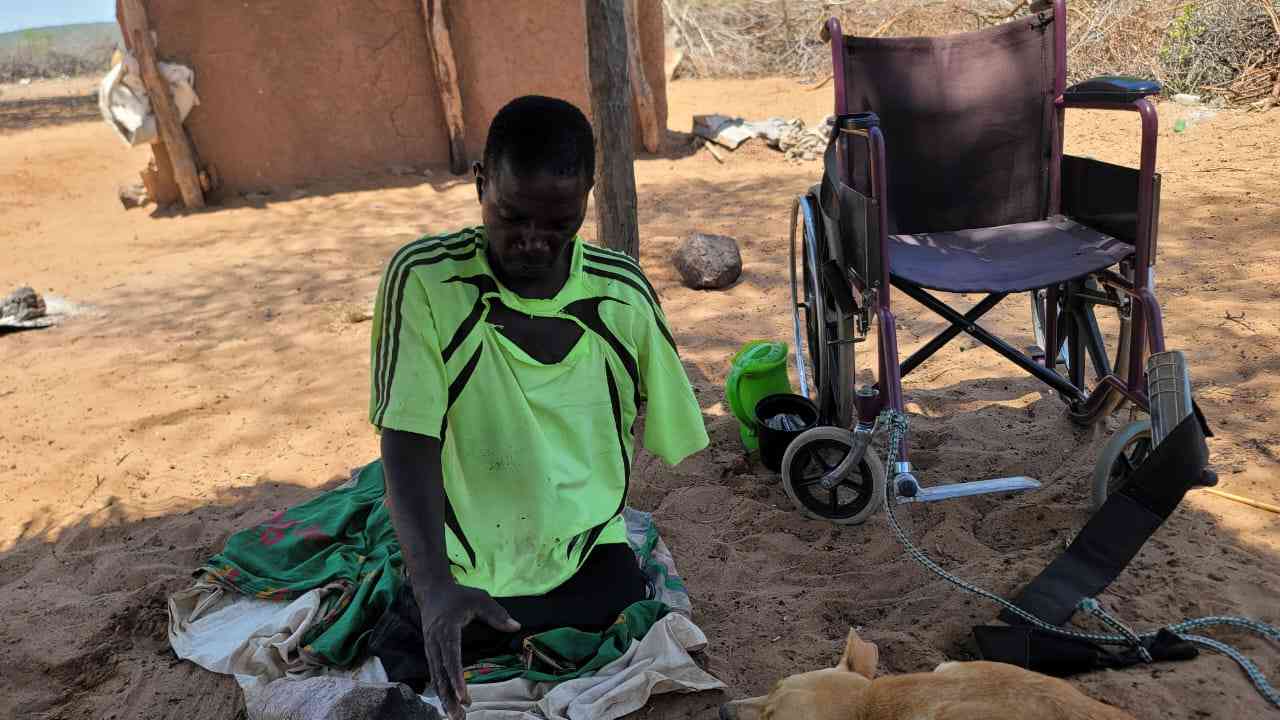
By RAYMOND MILLAGRE LANGA
COVID-19 has resulted in the marginalisation of rural artists whose talent has now been placed into oblivion due to lack of access to internet-based technologies, which can enable them to live-stream and showcase their talents.
The pandemic has brought in a ‘new normal’, which has forced people of different professions to work from home.
This has resulted in the ‘ghosting’, or putting into oblivion of rural artistry. It now suffers from lack of both exposure, and capacity to promote their art in various modern social media spaces that are now being used by their urban counterparts.
During this Covid-19 era, urbanites are flourishing in the glory of exposure to internet based technologies.
They have been launching their musical albums and different forms of art through live streaming on Facebook, tweeting, using Instagram and several other social media platforms.
But what of the rural artist that lacks connectivity and exposure to such modern technology?
It simply means that they will be sentenced to economic deprivation, as there have not been any alternative support mechanisms to cushion them financially during the Covid-19 lockdown period.
- Chamisa under fire over US$120K donation
- Mavhunga puts DeMbare into Chibuku quarterfinals
- Pension funds bet on Cabora Bassa oilfields
- Councils defy govt fire tender directive
Keep Reading
The power of the internet has been evident during the Covid-19 lockdown period.
Influential urban artists have managed to get thousands and millions of likes for their new projects through use of social media devices.
However, in essence – how can a rural artist who has managed to come up with a very meaningful project showcase their talent? They are not exposed to such technologies and they remain unknown and ignored.
Ironically, in the arts and music field, there is this tendency of continuously promoting the already famous artists. Unlike football where coaches go to the grassroots to scout for talent, it has been very rare for promoters in the arts and music sector to scout for talent in the rural areas.
However, art is deeply rooted in our culture. There is a lot of art in the rural areas. The rural areas are places where a lot of art is taking place, albeit un-noticed.
For instance, traditional dances are deep rooted in culture and are still being practiced in the rural areas; there is a lot of folk music which can also be developed into modern music.
There is sculpture, and even the construction of our traditional rural homes is also endowed with a lot of artistry.
I know of a female artist based in the rural areas who is very good at decorating huts using African patterns. However, her artistry has been ‘imprisoned’ due to the non existence of internet connectivity, lack of knowledge of how to use social media to promote art, and lack of finances to purchase data in order to advertise their art products on social media platforms.
Coupled with the problem of lack of internet connectivity, are also the steep prices charged for one to be able to record a single musical track, or let alone to record a good quality musical video.
The result is that rural talent will continue to remain unknown, and the rural artist will continue to struggle.
The Zimbabwean arts sector must begin to come up with policies that will promote rural artists, and capacitate them with knowledge of how to utilise internet-based technologies to showcase and sell their talent.
For instance, during the Covid-19 era, rural artists could have been roped into government programmes to communicate key information about the global pandemic using their art.
They must be assisted to make viral, some of their art projects through internet based technologies like Facebook.
Some countries in Africa, for instance, Uganda, have actually made viral on internet, several videos of marginalised talented rural folk, including children dancing, singing, and showcasing different forms of art.
Some of the videos have even got almost a million likes. One can only hope that those that make the videos viral are genuinely promoting the rural talent, and are not doing it to make money using the marginalised communities after getting millions of likes.
Nowadays, most rural folk have cellular phones. It is imperative for internet service providers to ensure connectivity in the rural areas so that there is access to information on different issues, including arts and education.
This will enable rural artists to be able to apply for grants, capacity workshops, and other training opportunities that are currently being enjoyed by the urban artists.
Raymond Millagre Langa is a musician, poet, development practitioner and founder of Indebo Edutainment Trust.










